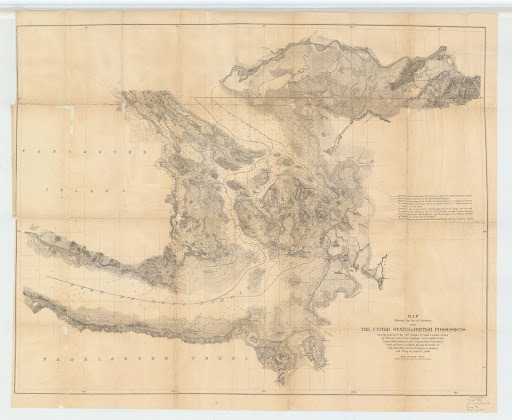"To this state of general peace with which we have been blessed, one only exception exists. Tripoli, the least considerable of the Barbary States, had come forward with demands unfounded either in right or in compact, and had permitted itself to denounce war on our failure to comply before a given day. The style of the demand admitted but one answer.
I sent a small squadron of frigates into the Mediterranean, with assurances to that power of our sincere desire to remain in peace, but with orders to protect our commerce against the threatened attack. The measure was seasonable and salutary. The bey had already declared war. His cruisers were out. Two had arrived at Gibraltar. Our commerce in the Mediterranean was blockaded and that of the Atlantic in peril."
Thomas Jefferson, First Annual Message to Congress, December 8, 1801, Thomas Jefferson Papers, Library of Congress
The excerpt most directly reflects which of the following concerns for the United States in the early nineteenth century?
The challenge of securing U.S. trade routes without European alliances
The need to protect American commerce from foreign threats
The challenge of defending U.S. trade from European interference
The reluctance of the U.S. to engage in military conflicts abroad
Did this page help you?
